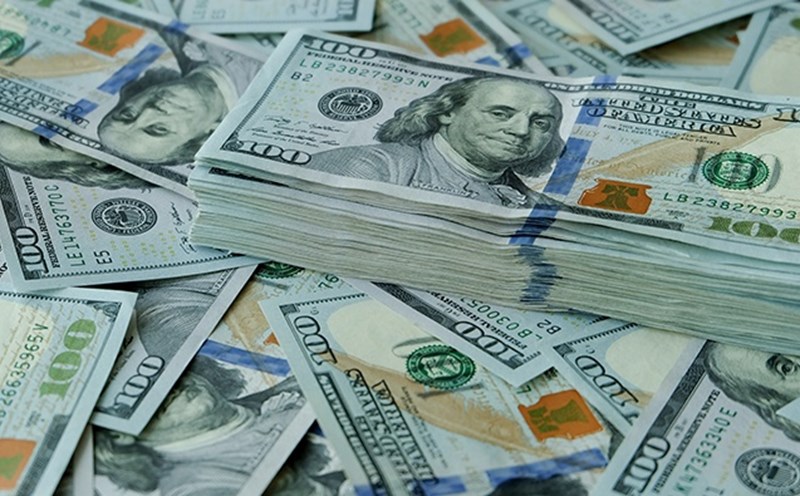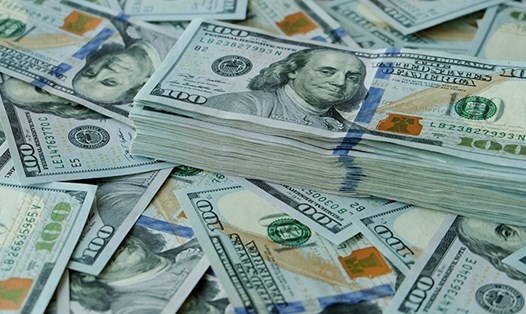On January 10, the European Commission disbursed the first amount of 3 billion euros under the Special Macroeconomic Assistance Agency (MFA) program for Ukraine.
The loan will be repaid with revenue from Russian state assets frozen in the EU.
The package, worth up to 18.1 billion euros, represents the EU's contribution to the G7-led Special Assets Acceleration (ERA) initiative, with the common goal of providing about 45 billion euros in financial support to Ukraine.
Reuters quoted European Commission President Ursula von der Leyen as saying on January 10: "Today, we are transferring 3 billion euros to Ukraine, the first payment from the EU in the G7 loan package. This gives Ukraine financial strength to continue fighting for freedom and victory".
Ukrainian Prime Minister Denys Shmyhal also confirmed the money transfer in a statement on Telegram.
The majority of the money used for the loan comes from the interest on frozen assets of the Russian Central Bank in EU countries, estimated at around 210 billion euros. Since February 2022, these assets have been frozen as part of sanctions against Russia over the conflict in Ukraine.
As transactions involving prohibited assets have resulted in a special source of revenue, estimated at 2.5-3 billion euros per year, depending on interest rates. The EU Council has decided to use these unusual revenues to support Ukraine, with 1.5 billion euros disbursed at the end of July 2024.
Since Russia launched a special military operation in February 2022, the EU and its member states have provided nearly 134 billion euros to support Ukraine. The support package includes maintaining the economy, rebuilding infrastructure early, providing humanitarian aid and helping refugees.
Russia strongly condemned the sanctions and the use of frozen assets, calling it an act of "international theft". However, the EU insists that the money will never be returned to Russia, even if the freeze ends.
The use of frozen Russian assets to support Ukraine is expected to continue to cause geopolitical tensions and strong reactions from Moscow.






